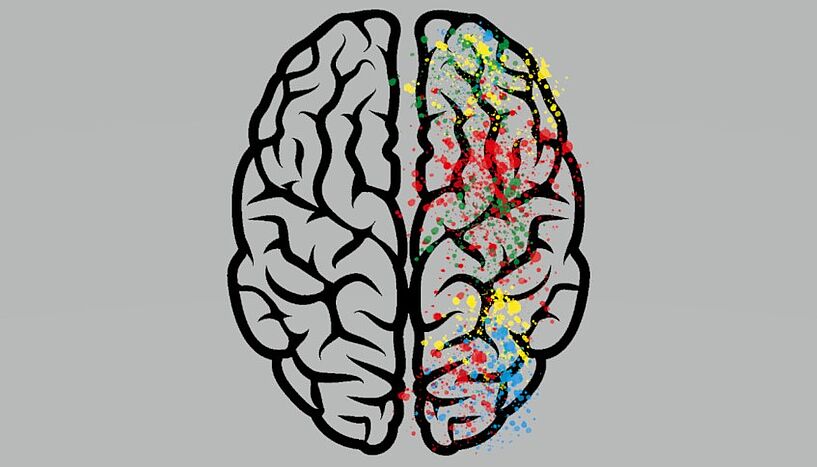Biochemist Robert Ahrends from the University of Vienna and colleagues from Australia, Germany and Belgium receive an internationally renowned HFSP Research Grant, which is endowed with almost 1.2 million euros over three years. The scientists are investigating the molecular diversity of lipids and their influence on synaptic function. With this research project they could make a decisive contribution to the understanding of aging and neurological diseases.
Synapses are the central connection units between nerve cells. Their ability to function largely determines how well our brain can process and store information. However, synapses can differ significantly in their composition at the molecular level, ie in the variety of proteins and lipids as the central building blocks of the synaptic cell membrane.
–
Exploring synaptic diversity with synaptoneurolipidomics
–
‘Lipids make up the bulk of the synaptic cell membrane and are thought to play a crucial role in signal transduction. While the role of proteins in synaptic transmission is relatively well understood, lipids remain a great unknown,’ says Project leader Robert Ahrends, Professor of Lipidomics in the Department of Chemistry. Ahrends and his group combine state-of-the-art mass spectrometry and computer-aided technologies to elucidate the totality of lipids in cells (lipidomes).
–
In the now approved HFSP project “Spatial and deep neurolipidomics to reveal synapse diversity”, Ahrends will investigate the molecular diversity of lipids together with Shane Ellis (University of Wollongong), Michael Kreutz (Leibniz Institute for Neurobiology) and Steven Verhelst (University of Leuven). and examine their influence on synaptic function. Using new technologies, it is possible to determine the lipids at the level of the cellular structures (organelles) of synapses and to uncover molecular interactions between lipids and proteins. The project could make a decisive contribution to better understanding aging and neurological diseases in the context of synaptic lipid composition.
–
Second HFSP Research Grant for the University of Vienna
The highly competitive Human Frontier Science Program (HFSP) promotes innovative and interdisciplinary basic research in the life sciences. The recently approved HFSP Research Grant for lipidomics research is the second to be awarded to a researcher at the University of Vienna in 20 years. In March, the International Human Frontier Science Program Organization awarded a total of 32 HFSP grants with a total value of around 33.4 million euros. Since the program started in 1989, 28 HFSP laureates have been awarded a Nobel Prize. The HFSP Research Grants are awarded for projects on the overall topic “Complex Mechanisms of Living Organisms”.
Illustration: Exploring synaptic diversity with neurolipidomics (© Robert Ahrends)
—


